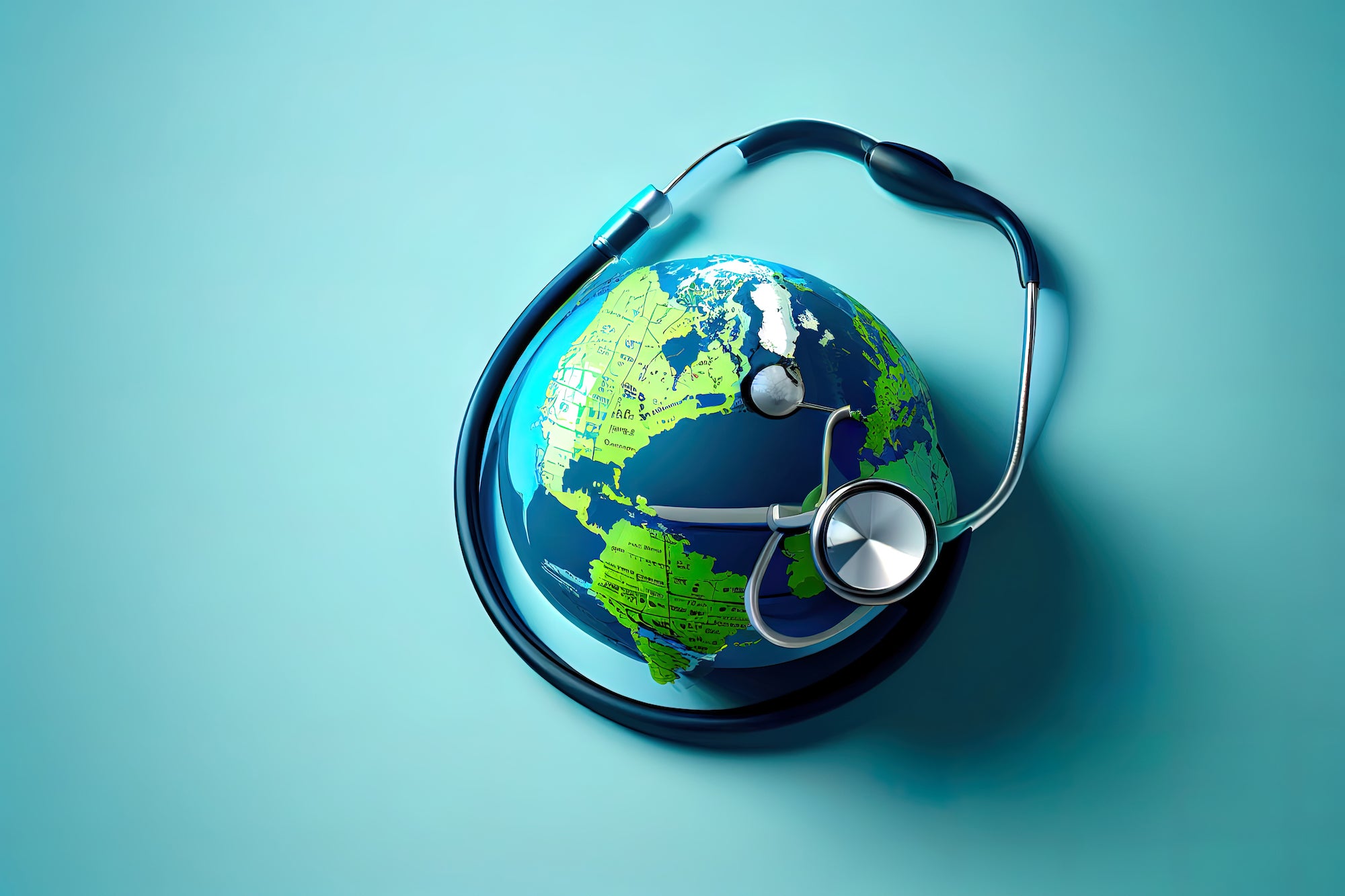Each day, millions of people rely on caffeine to wake up or power through afternoon slumps. As one of the most commonly used ingredients globally, caffeine often makes headlines for its health effects.
You’ve probably heard things like caffeine can disrupt your sleep or cause jitters, but what you may not have heard is that caffeine offers a slew of positive health benefits. Moreover, the negative effects can often be mitigated by following specific guidelines or drinking coffee with added adaptogens (like IQJOE!).
So before you switch to decaf, read on. You might find that a high-octane cup can offer well-being in unexpected ways.
What Is High-Caffeine Coffee?
Caffeine is a natural stimulant most commonly found in coffee, tea, and various energy drinks. Its primary biological effect is to block the action of adenosine, a neurotransmitter involved in sleep and relaxation. By interfering with adenosine, caffeine effectively stimulates the release of other neurotransmitters like dopamine and norepinephrine, leading to increased alertness, focus, and energy.
High-caffeine coffee is exactly what it sounds like—a coffee made from coffee beans that contain a higher concentration of caffeine than other types of coffee beans. While a standard cup of coffee contains about 95 milligrams of caffeine, high-caffeine varieties often contain 200 milligrams or more per cup.
The Benefits of Caffeinated Coffee
When most people think of caffeine, they envision its most immediate effects—increased alertness, a boost in energy, and the ability to shake off the morning fog.
While these immediate benefits make caffeine a popular choice for kickstarting the day, emerging research suggests that its advantages may extend far beyond these transient effects. Let’s take a look at a few of the top potential benefits of coffee and caffeine.
#1: Neuroprotection
One of the most fascinating areas of research revolves around coffee and caffeine’s potential to protect against certain neurodegenerative disorders, including Alzheimer’s disease and Parkinson’s disease.
In one study, drinking 3-5 cups of coffee daily during mid-life was associated with a 65% decreased risk of dementia and Alzheimer’s disease later in life.[*]
A review of 13 studies found that people who regularly consumed caffeine had a significantly lower risk of developing Parkinson’s disease. What’s more, caffeine consumption was found to slow the progression of Parkinson’s disease over time.[*]
Several other studies have also found that drinking moderate amounts of coffee (2-3 cups daily) is associated with a lower risk of dementia and cognitive decline.[*][*]
#2: Mood Support
Caffeine acts as a mild antidepressant by boosting the production of certain neurotransmitters like serotonin, dopamine, and noradrenaline. One study found that compared to drinking one cup of coffee daily, drinking at least four cups of coffee daily was associated with a significantly lower risk of depression. Decaf coffee was not associated with this benefit.[*]
#3: Enhanced Metabolism
If you’re looking to shed some pounds, caffeine might be a helpful ally. Due to its stimulant effects on the central nervous system, caffeine has the potential to boost metabolism by as much as 11% and enhance fat burning by up to 13%.[*][*][*]
In practical terms, taking 300 mg of caffeine daily could help you burn an additional 79 calories daily.[*] While this number might appear insignificant, it’s roughly equivalent to the caloric surplus that contributes to the average annual weight gain of 2.2 pounds among Americans.[*]
#4: Enhance Exercise Performance
In the context of physical activity, caffeine can enhance the utilization of fat as an energy source. This is advantageous as it may help the glucose stored in muscles last longer, potentially extending the time before muscle fatigue sets in.[*][*] Additionally, caffeine has been shown to enhance muscle contractions and heighten fatigue resistance.
Studies indicate that consuming doses of approximately 2.3 mg per pound of body weight can boost endurance performance by up to 5% when taken an hour before exercising.[*] That would translate to 345 mg of caffeine for a 150-pound person.
#5: Supports Heart Health
Contrary to popular belief, caffeine does not increase the risk of heart disease.[*] In fact, research indicates that men and women who consume between 1-4 cups of coffee daily—which equates to roughly 100-400 mg of caffeine—have a 16–18% reduced risk of cardiovascular disease.[*]
It’s worth noting that for some individuals, caffeine may cause a slight increase in blood pressure. However, this increase is typically minimal (around 3-4 mmHg) and often diminishes for most people who consume coffee on a regular basis.[*]
How Much Caffeine is Safe and Beneficial?
Too much of anything is bad for you (even water), so what’s the sweet spot for caffeine consumption? It’s likely more than you think!
The general guideline is up to 400 milligrams of caffeine daily for healthy adults.[*] That’s roughly the amount of caffeine in four 8-ounce cups of coffee or two sticks of IQJOE instant coffee.
Keep in mind, however, that personal tolerance to caffeine can differ greatly from person to person. Factors such as age, existing medical conditions, and natural sensitivity can influence how caffeine affects you.
Mitigating Negative Effects of Caffeine
While caffeine can offer an array of cognitive and physical benefits, some users report side effects like jitteriness, disrupted sleep, and heightened anxiety. How, then, can we strike the right balance of reaping the rewards without the negative side effects? One intriguing approach involves combining caffeine with adaptogens, which help the body adapt to stress and maintain equilibrium.
One such adaptogen is lion’s mane, a unique mushroom renowned for its cognitive-enhancing and neuroprotective benefits. When combined with high-caffeine coffee, lion’s mane may serve as a natural counterbalance to some of the less desirable effects of caffeine.
For instance, lion’s mane has been studied for its potential to reduce symptoms of anxiety, stabilize mood, reduce stress, and support restful sleep.[*][*] By adding lion’s mane to coffee, you open the door to a sustained and stable energy boost—sans jitters, crashes, or disturbed sleep!
Recognizing Symptoms of Overconsumption
While adaptogens can mitigate some of caffeine’s negative effects by promoting balance and reducing stress, they are not a cure-all. If you experience symptoms of caffeine overconsumption, it may be necessary to reduce your caffeine intake regardless of the presence of adaptogens in your routine.
Some signs that you may be consuming too much caffeine for your unique biology include:
- Jitters and restlessness
- Heart palpitations
- Upset stomach
- Muscle twitches or spasms
- Anxiety or panic attacks
- Insomnia or sleep disturbances
- Irritability
Elevate Your Coffee Ritual with IQJOE
When consumed responsibly, high-caffeine coffee can offer numerous benefits ranging from heightened alertness to potential neuroprotective effects.
If you’re looking for more from your daily cup of joe, consider upgrading to IQJOE, a sugar-free, low-carb instant Brazilian coffee. Each on-the-go packet contains:
- 200 mg of natural caffeine
- 250 mg 8X-concentrated lion’s mane mushroom extract
- 750 mg Magtein® (magnesium L-threonate)
Simply pour one packet of IQJOE into 8-12 oz hot water, stir until dissolved, and receive a jitter-free, crash-free, long-lasting energy boost!
☕IQJOE comes in four flavors: Original Black, Vanilla Spice, Toasted Hazelnut, and Caffè Mocha. Not sure which flavor to choose? Try our 16-Stick Variety Pack to find your favorites!
Elevate your daily grind with high-caffeine coffee—a brew that not only wakes you up but supports your overall well-being, one focused and energized cup at a time!
Written by Katie Koschalk, a health and wellness writer, certified holistic nutritionist, and certified personal trainer based in California.



